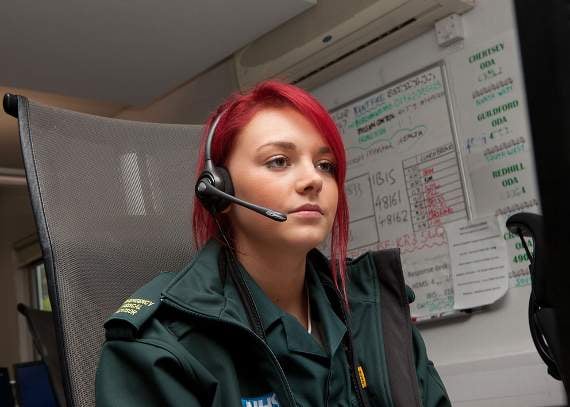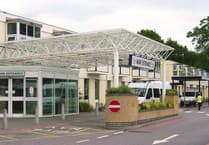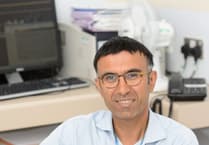AS Christmas fast approaches, South East Coast Ambulance Service NHS Foundation Trust (SECAmb) is urging people to stay safe throughout the festive season by issuing its Christmas wish list.
The ambulance service is asking people to plan ahead for any nights out, look out for others, not drink alcohol to excess, and have fun but be sensible.
While Christmas is always a busy time of year for the ambulance service, with Christmas Day and Boxing Day falling after a weekend, SECAmb is expecting particularly high demand this year.
The ambulance service always plans ahead for peaks in demand but is asking people for their support by checking its wish list against their own Christmas to-do lists.
By following the advice and taking time to prepare properly for the Christmas period, people can reduce the likelihood of having to call on the help of the ambulance service and wider NHS.
SECAmb’s Christmas wish list:
• Stock up on your medicines cabinet as well as the Christmas chocolates – cold remedies, pain killers, indigestion tablets, diarrhoea or constipation remedies and plasters are useful to have in the home all year round.
• Order any repeat prescriptions you or your friends and family need.
• If drinking alcohol – have fun but be sensible. Look out for others you’re with and drink water between alcoholic drinks.
• Excess alcohol consumption on its own isn’t usually a reason to dial 999 for someone but if there’s another complaint causing concern or someone loses consciousness then dial 999 without delay.
• Look out for any vulnerable friends and neighbours – what could you do to make their Christmas and New Year that little bit easier?
• Make sure you don’t serve up undercooked turkey and other foods which can cause salmonella poisoning.
• Take care and use appropriate equipment when hanging Christmas lights and decorations.
• Wear layers as they keep you warmer than one thicker layer. They can also easily be removed as you warm up.
• Keep homes at the right temperature – ideally 18 to 21 degrees.
• Take extra care if it’s icy or wet. If driving, keep your distance and drive to the conditions of the road.
• Have you had a flu vaccination? Speak with your GP to book an appointment.
• Remember 999 is for emergencies – if it’s not an emergency and you need health advice then you can call NHS 111, make an appointment with your GP or visit your pharmacist.
SECAmb has a number of measures it can implement at periods of particularly high demand. A new surge management plan has been designed to ensure it can continue to respond to the most seriously-ill patients in the community and keep patients as safe as possible even when it is experiencing very high levels of demand.
SECAmb executive director of operations Joe Garcia said: “We are always busy at this time of year and we know the next few weeks are going to be very demanding for all our staff. This is likely to be exacerbated by the fact that Christmas falls immediately after a weekend. "We’ll be managing our demand day-by-day and hour-by-hour to ensure those patients in the most need are prioritised and protected.
“Our staff will be working flat out in our control rooms and out on the road throughout the Christmas period to keep people safe and we know they will always rise to the challenge.
“However, we’re urging people to take some steps to limit the impact the festive period has on their ambulance service.
“Of course, we want people to have fun but by being sensible, planning ahead and following our simple advice people can help ensure we’re best placed to respond to emergencies across our region.”
When to call 999? If you think a patient is suffering from one of the following you must dial 999 for an ambulance:
• Heart attack (eg chest pain for more than 15 minutes).
• Sudden unexplained shortness of breath.
• Heavy bleeding.
• Unconsciousness (even if the patient has regained consciousness).
•Traumatic back/spinal/neck pain.
You should also call for an ambulance if:
• You think the patient’s illness or injury is life-threatening.
• You think the illness or injury may become worse, or even life-threatening on the way to the hospital.
• Moving the patient/s without skilled people could cause further injury.
• The patient needs the skills or equipment of the ambulance service and its personnel.
For further information on how to protect yourself and others this winter visit the websites www.secamb.nhs.uk or www.nhs.uk/staywell.




